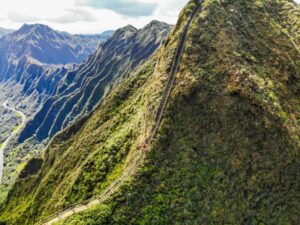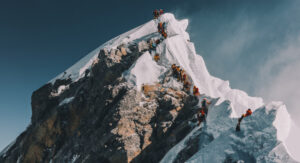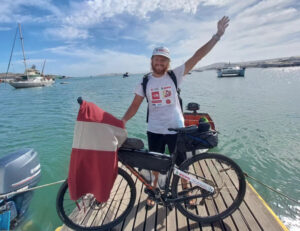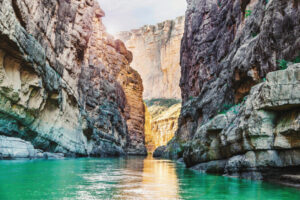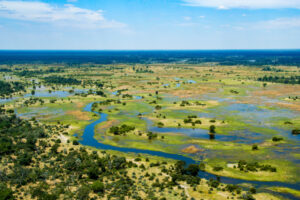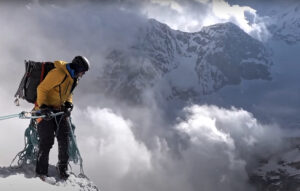Elbrus is Europe’s highest peak, one of the Seven Summits of the world. Elbrus has two summits, in fact, both of which are dormant volcanic domes. While being in Russia, in addition to climb its highest West Summit (5,642 meters), you can also climb an East Summit (5,621 meters), as well as ski or snowboard on its slopes.
What you will need to climb this mountain and what details you must pay attention to: get professional advice from Mountain Planet’s experts with multiple experience of ascending the highest peak in Europe.
-
Don’t Put Off Receiving Your Russian Visa “Till Later”
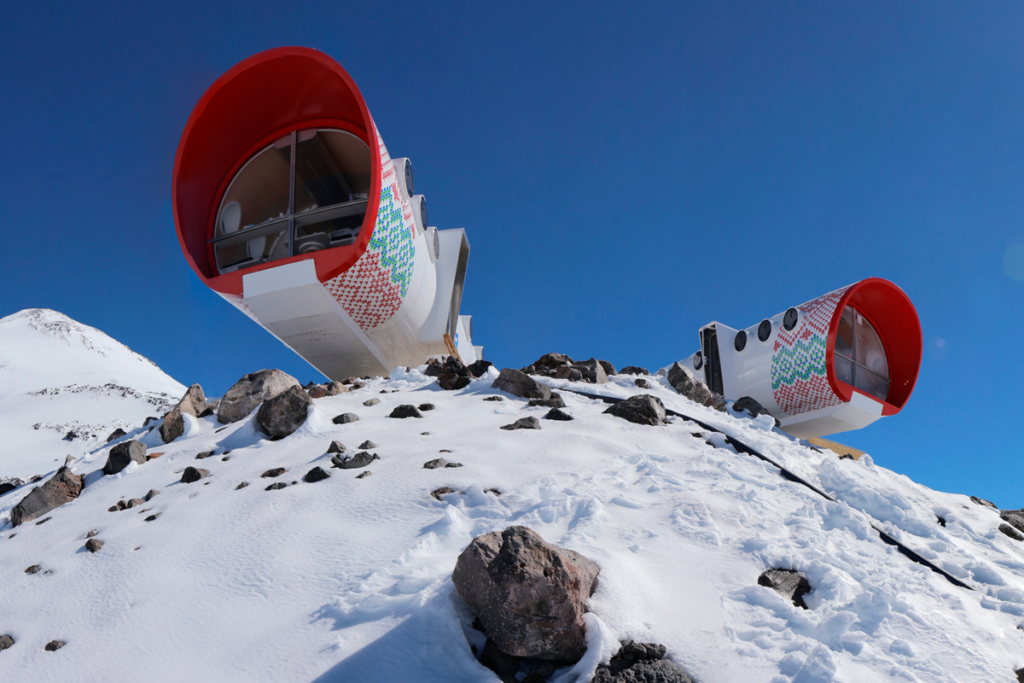
Yes, geographically, Russia is a part of Europe but you still need a visa to enter it. Make no mistake: getting your Russian visa may take up to two months, so, if you are planning to make your ascent in August/September, it may be a good idea to start filling all the paperwork right now.
Also please keep in mind that the summer season is the vacation time, and the number of people applying for a Russian visa has grown manifold.
There were cases when even famous athletes could not take part in competitions because they were too long about applying for the entry visa.
-
Don’t Leave the Question of Choosing the Service Provider Unattended
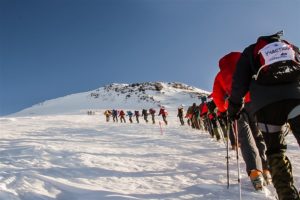
If you do not want to overpay, you can find a guide for climbing Elbrus on site, but it’s always a gambling task. You can meet a top-grade expert, or you can just as well run into an amateur who has a poor command of the English language, misjudges risks, has no rescue and salvage skills – and the sheer miscommunication will play against you at the critical moment.
There were cases when climbing in the company of such pseudo guides led to accidents and injuries, so make sure you know what you are doing.
Therefore, if you are coming to Russia from far away, and want to climb Europe’s highest peak safely and efficiently, remember to choose your mountain guide, travel company, or any other service provider well in advance.
It must be said that, in spite of the development of social media websites, and the breadth of the data field, one of the most dependable ways of getting the right information is still the good old word of mouth.
The best option would probably be to pick the candidate that you like from reading the reviews and contact this person in advance in order to settle all of the further details with him or her.
The reviews of the most popular tours of Elbrus from Mountain Planet are available by the link.
-
Gear Rental: The Pros and Cons
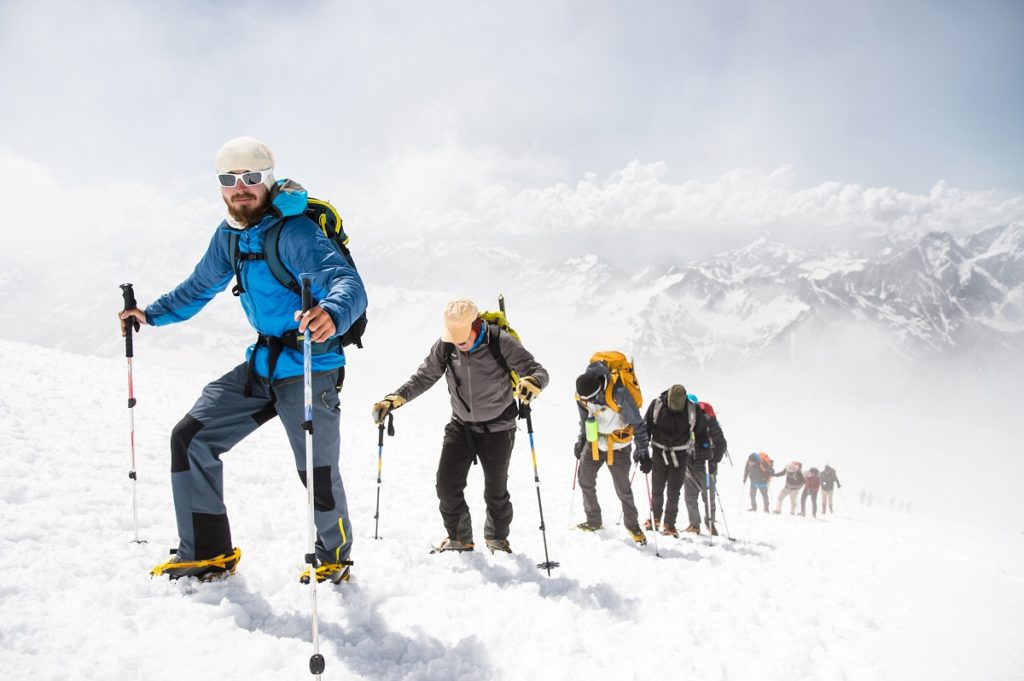
Photo: Vitaliy Stegno
Of course, you can bring any kind of climbing gear with you but renting bulky or heavy things is quite possible on site, and at a quite budget-friendly price, too.
Keep in mind, however: the Elbrus area is quite large; it has dozens of rent services ranging from the “papa’s garage” level to quite modern state-of-the-art ones, and finding the one that’s best for you can be quite a chore. The more gear you will need to rent, the more rental stores you will need to visit, some of them being situated a few kilometers away from one another, not having so much as a “rental” sign upon them.
The large-scale professional rent services (AlpIndustria, 7 Peaks) clean, dry, and disinfect their gear, their selection being constantly renewed. For example, renting a pair of plastic climbing shoes will cost you about $10 a day.
Generally speaking, climbing shoes, crampons, an ice axe, trekking poles, a sleeping bag, and a mat are pretty easy to find on site. Where’s the catch then? Chances are you will not be able to get all of these things in one place, let alone find a pair of shoes your size. Therefore, if you decided to save up on bringing over your own gear, set aside some extra time for finding a good rental store and select the good quality equipment to climb with.
Instead of extended searching and asking around in a foreign language, you just show the gear list (developed specifically for this purpose by the experts of Mountain Planet) to the rent service attendant, and you will understand each other without any words.
-
Don’t Believe Any Shenanigan: Filter up Online Stories
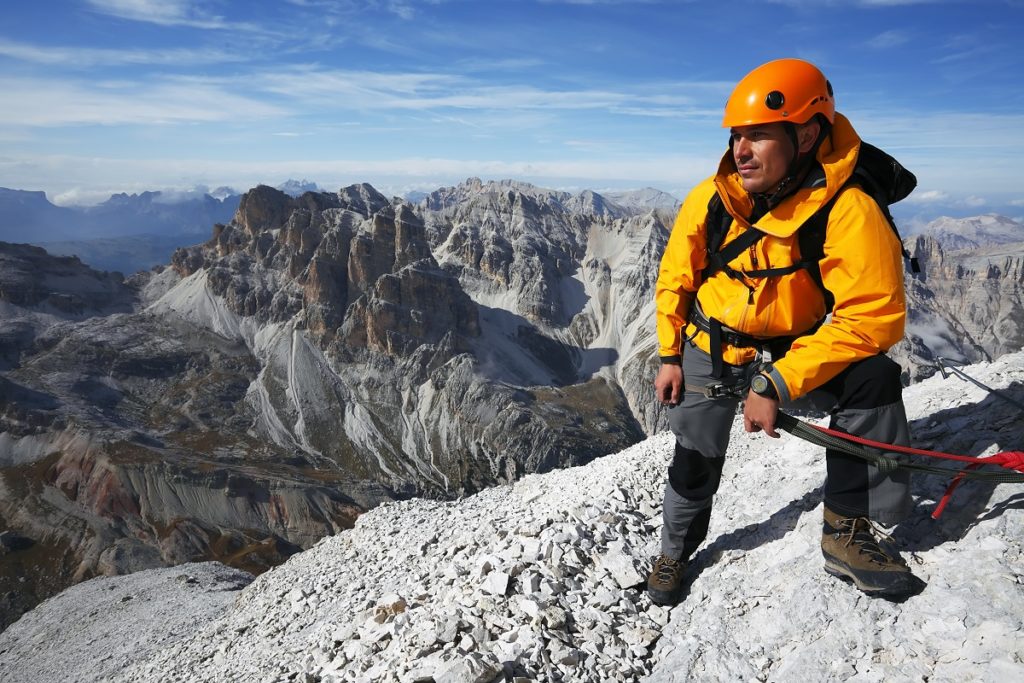
In our “post-truth” age, one should really be critical about “unbiased” online reviews. If you have decided to study the materials devoted to mountaineering in Russia, make sure you are dealing with professionals.
You can meet both rave reviews and articles full of negativity. As always, the truth lies somewhere in the middle.
The rest of the article you can read by the link

